ICJ judge Salam secures enough support to become Lebanon’s prime minister
The President of The Hague-based International Court of Justice (ICJ), Nawaf Salam, has become Lebanon’s next prime minister after he received a sufficient number of votes from Lebanese legislators to be tasked with forming a government.
The Harvard-educated judge of the World Court could secure the backing of 85 of the parliamentarians out of 128 on Monday, Lebanese media outlets reported.
Among those who voted for him are the Kataeb and Free Patriotic Movement Christian political parties.
Najib Mikati, who has served as prime minister in a caretaker capacity, could only receive nine votes.
Lawmaker Fouad Makhzoumi announced on X on Monday his withdrawal from the premiership race, citing that “having multiple opposition candidates would ... lead to everyone losing, while Lebanon needs a radical change in governance.”
He added that his departure aims to create an opportunity “for consensus among all those who believe in the necessity of change around the name of Judge Nawaf Salam,” in opposition to what he described as the “establishment candidate” – referring to Mikati.
Parliamentary consultations to select a prime minister are a constitutional process conducted by the Lebanese president per Article 53 of the country’s constitution.
These consultations take place following the resignation or expiration of a government’s term.
The president invites parliamentary blocs and independent MPs for individual meetings, asking them to nominate a candidate for the premiership.
The results of the consultations are recorded, after which the president issues a decree appointing the individual with the most parliamentary support.
Although such consultations are mandatory, the president is not bound by their outcome but generally adheres to the majority's choice.
The process of forming a government, however, often takes considerable time due to Lebanon’s political and social complexities.
By tradition in Lebanon, the prime minister is a Sunni Muslim, the president a Maronite Christian, and the speaker of parliament a Shia Muslim.
Army Commander General Joseph Aoun was elected by the Lebanese parliament on Thursday as head of state ending over two years of political vacuum since President Michel Aoun left office in October 2022.
His election has raised hopes of lifting the war-battered eastern Mediterranean country out of economic crisis.
Iran develops fast scanning drone capable of ground target identification
VIDEO | Reera: Technology behind the drive
Qatar says Israel pushing Gaza ceasefire toward collapse
US approves record $11.1 billion arms package for Taiwan
VIDEO | Press TV's news headlines
VIDEO | Iran hosts 1st Imam Khomeini World Award in Tehran
Hezbollah warns patience running out as Israeli violations continue
US House votes down measures to limit Trump’s Venezuela aggression


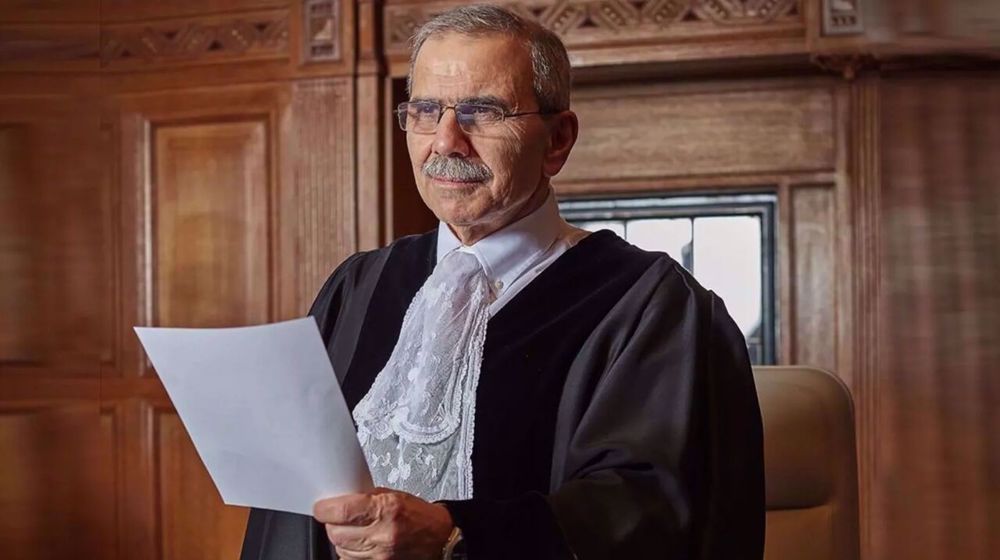
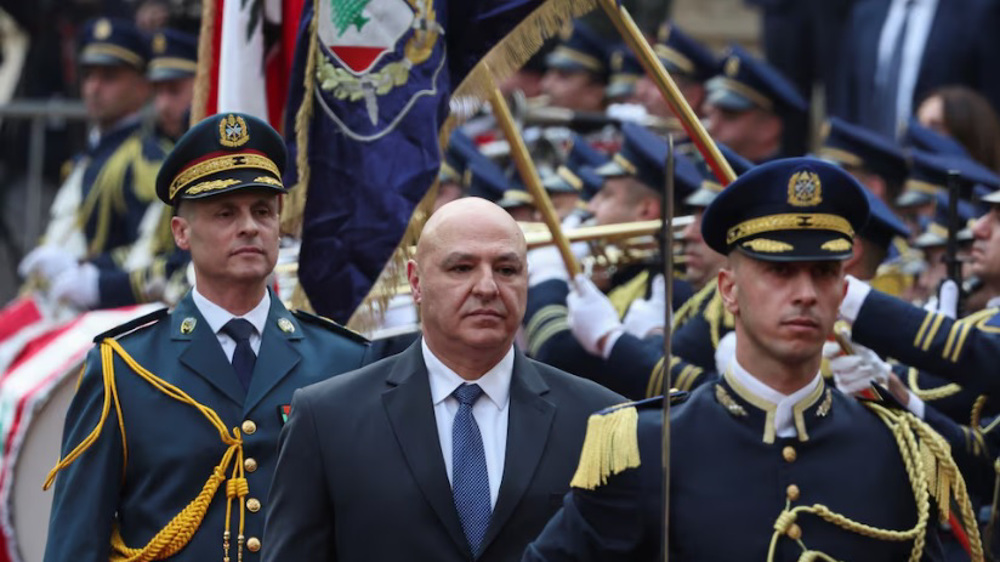
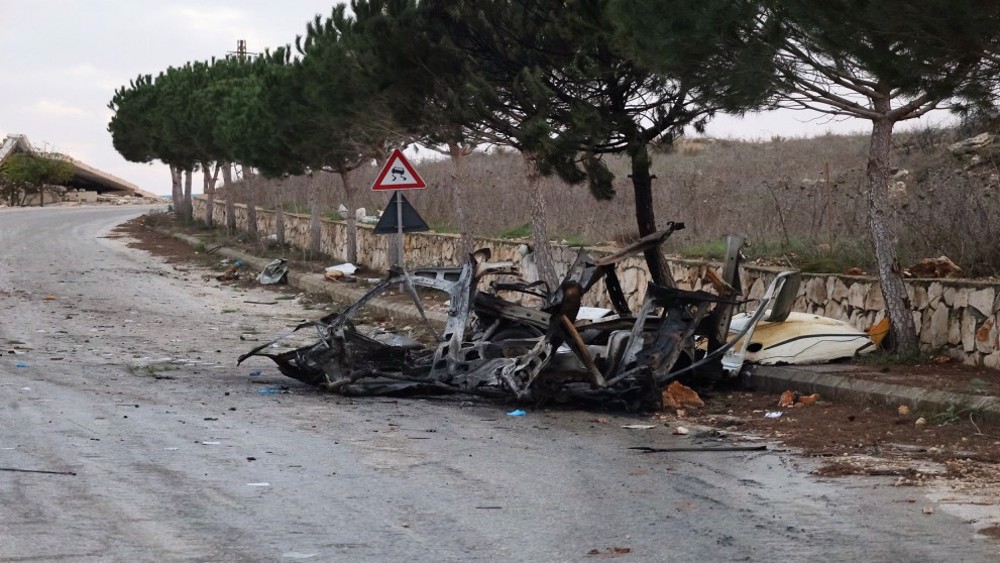
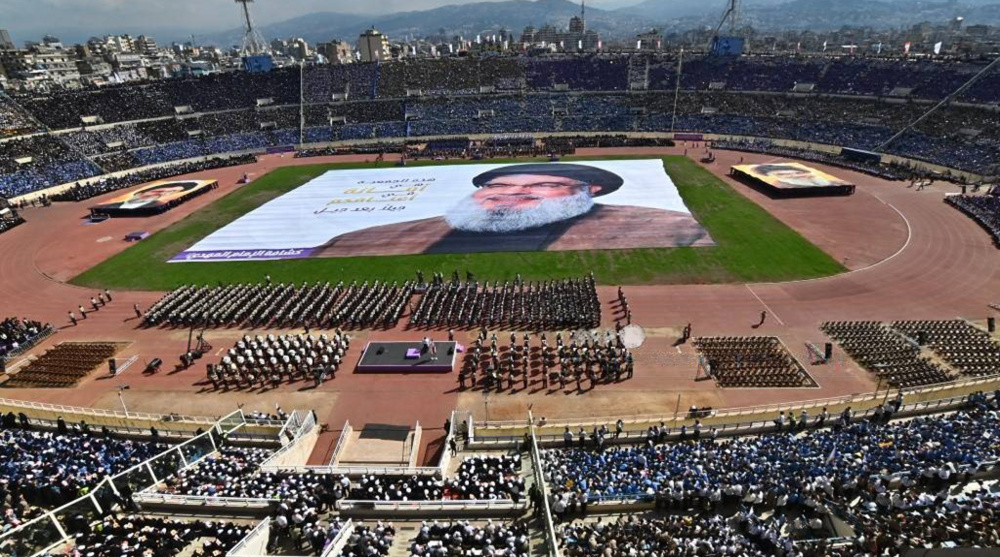




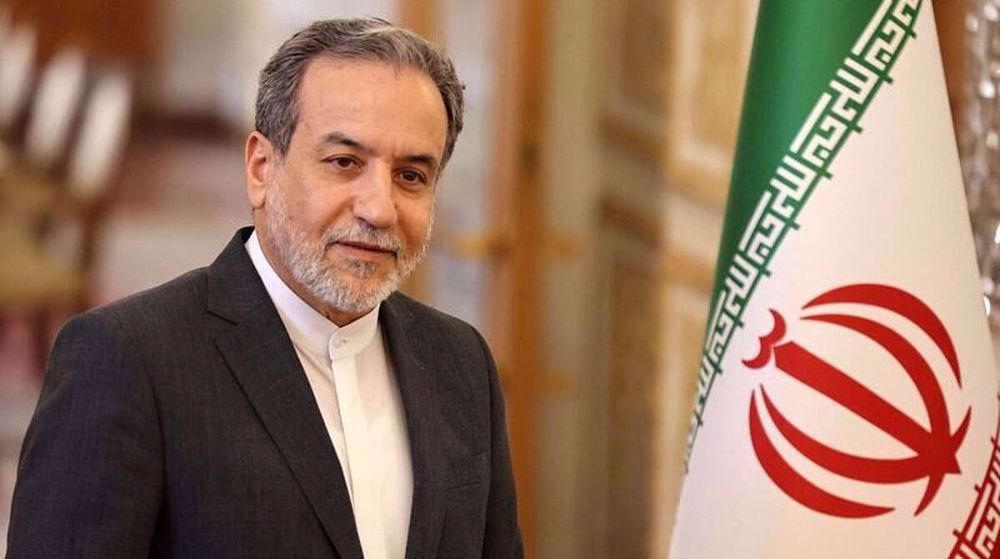
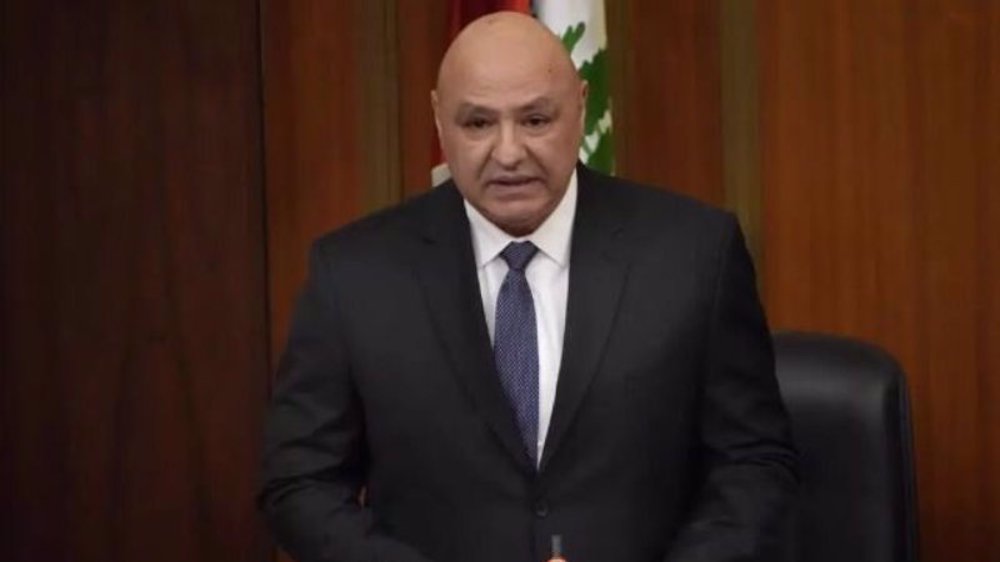
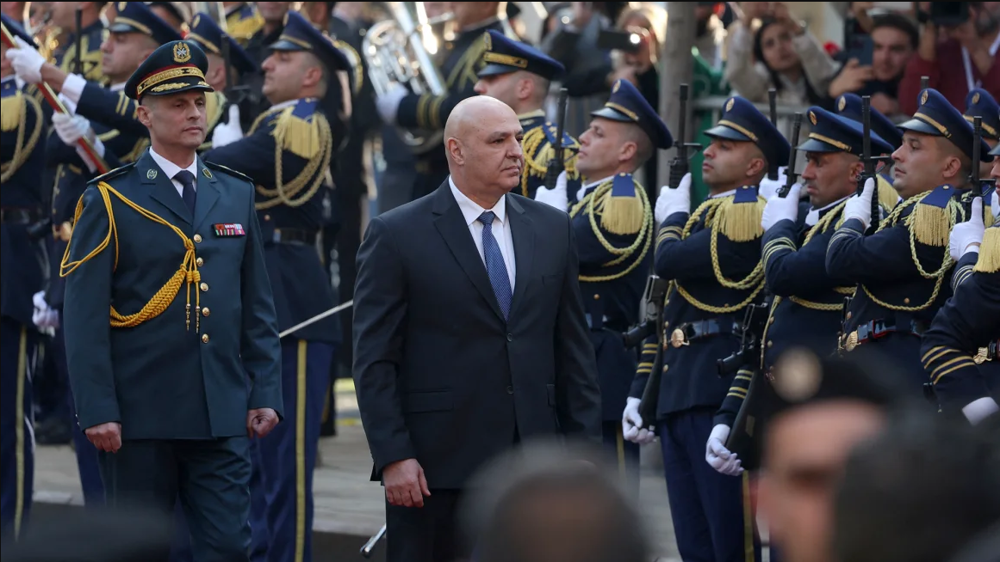

 This makes it easy to access the Press TV website
This makes it easy to access the Press TV website